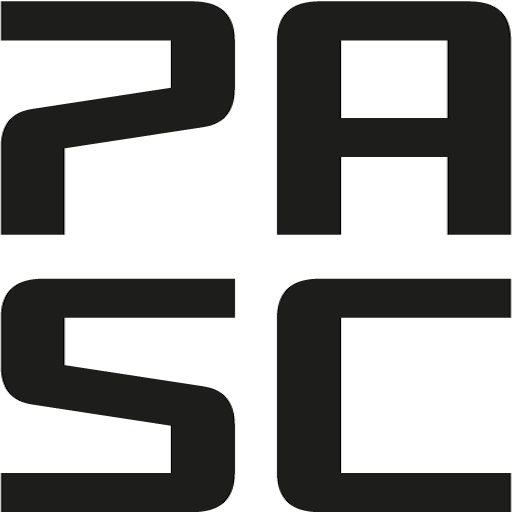The PASC22 Conference Chairs – Petros Koumoutsakos (ETH Zurich, Switzerland / Harvard University) and Lois Curfman McInnes (Argonne National Laboratory) – and the whole Organizing Team were pleased to welcome over 300 attendees in person in Basel, and a further 100 online at the PASC22 Conference last week. We welcomed attendees from 35 countries reaching 59% international attendance. Conference participants brought diverse perspectives to the discussions on tools and techniques that can be applied to various scientific domains, and PASC22 confirmed once again as a truly international and interdisciplinary platform.
The special challenge for PASC22 was Computing and Data… for All Humankind, and the event offered a timely opportunity for our community to get together and consider how we can improve the well-being of our society and environment.
Emma Pierson from Cornell University briefly presented her field of study, which focuses on developing machine learning and data science methods to reduce inequality and improve healthcare, via exemplary case studies. Then president of the ETH Board Michael Hengartner engaged Emma in an insightful discussion on her personal drive, and on the impact of her research on our global society. Specifically thinking about the future generations that will engage in such challenges, Emma recommends “not to work with toxic and nasty people no matter how brilliant they are. Be kind – not because you want to go to heaven but because being kind is genuinely professionally valuable.”
Pier Luigi Vidale, Professor of Climate System Science at the University of Reading and Director of the UoR-ECMWF research collaboration, opened the technical program of the conference with a talk focusing on one of the greatest challenges facing humanity: climate change. He reported on the successes achieved in climate modelling in recent years and on the impact of climate change on populated areas.
Founding Director of the Event Horizon Telescope (EHT) Shep Doeleman from Harvard University, amazed his audience revealing how him and his team could make magical experiences come true. With his exceptional storytelling abilities, Shep lead his audience in the meanderings of the universe. PASC22 participants very much enjoyed his passionate and entertaining narrative on how researchers succeeded in getting the first picture of the black hole by linking radio telescopes in Hawaii, Arizona, Spain, Mexico, Chile and at the South Pole to form a worldwide network: the EHT. The researchers then spent another six months verifying the nature of the object being captured before publishing the photo that immediately made it to the front pages of newspapers worldwide.
Olivia Keiser, SNF professor in epidemiology at the Institute of Global Health at the University of Geneva, presented the systematic reviews and qualitative research methods used to understand human factors that lead to the spread of infectious diseases. The audience can now better envision the interdisciplinary approach, which combines mathematical modeling, data, and text mining, used by epidemiologists to support the work of governments in the current pandemics.
Other conference highlights included the Microsoft-sponsored keynote by Łukasz Mirosław, an HPC/AI specialist at Microsoft, on “Exaflops Achieved — So What’s Next in Supercomputing to Address Humanity’s Challenges?”; University of Utah Dr. Martin Berzins’s awarded PASC22 Best Paper presentation “Porting Uintah to Heterogeneous Systems;” and EPFL Professor Nicola Marzari’s keynote presentation entitled “There is Plenty of Room at the Top: Novel Two-Dimensional Materials from the Computational Exfoliation of All Known Compounds”.
Additional information on the conference can be found here.
Quick links to the videos of these plenary presentations are available on the conference website, as well as on the conference YouTube channel.
Congratulations to all PASC22 contributors of this year’s diverse and exciting sessions. We thank all minisymposium organizers and speakers, paper authors, and poster presenters for contributing to a very strong technical program. PASC22 papers will be published shortly in the Proceedings of the Platform for Advanced Scientific Computing Conference, available for download via the ACM Digital Library.
…And after the hard work, some of the participants also opted for engaging in the social activities offered by PASC22 with two community dinners – first at the historic and traditional Schützenhaus, and then celebrating a multidisciplinarity of cuisines from around the world at ZicZac restaurant.
